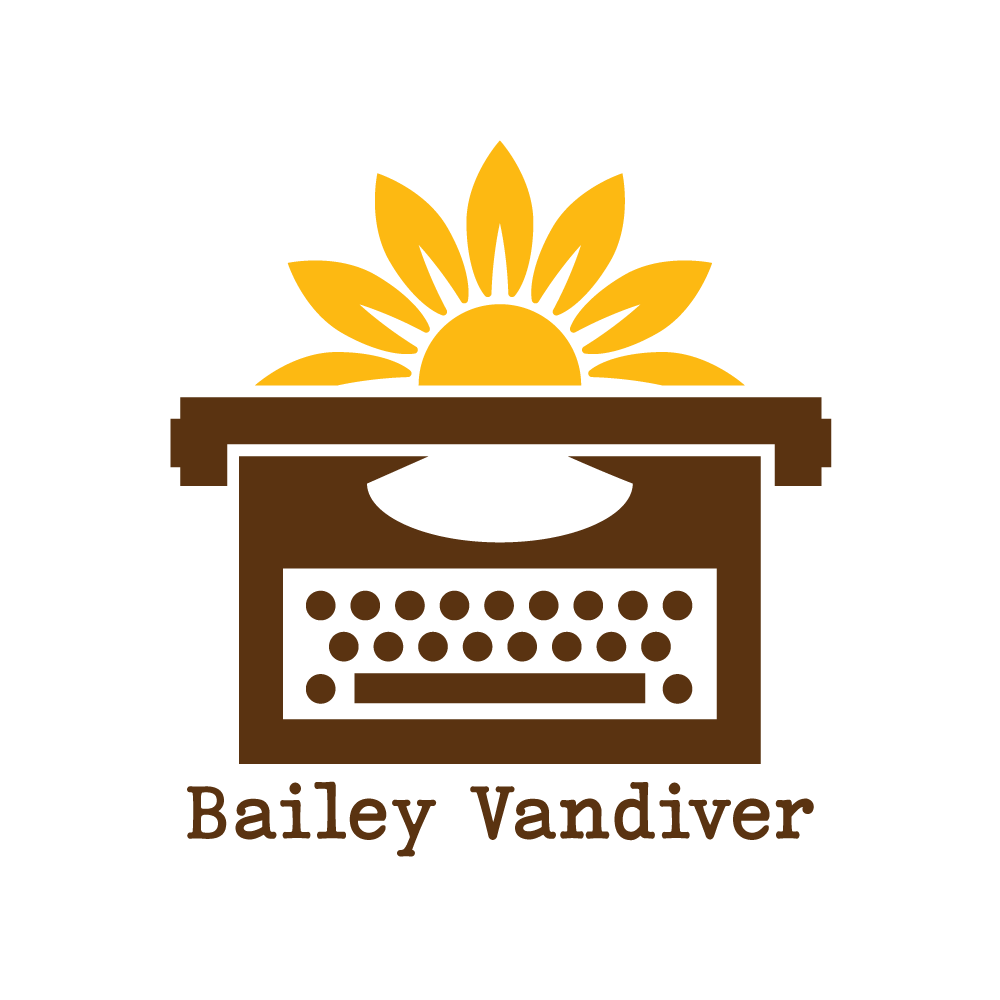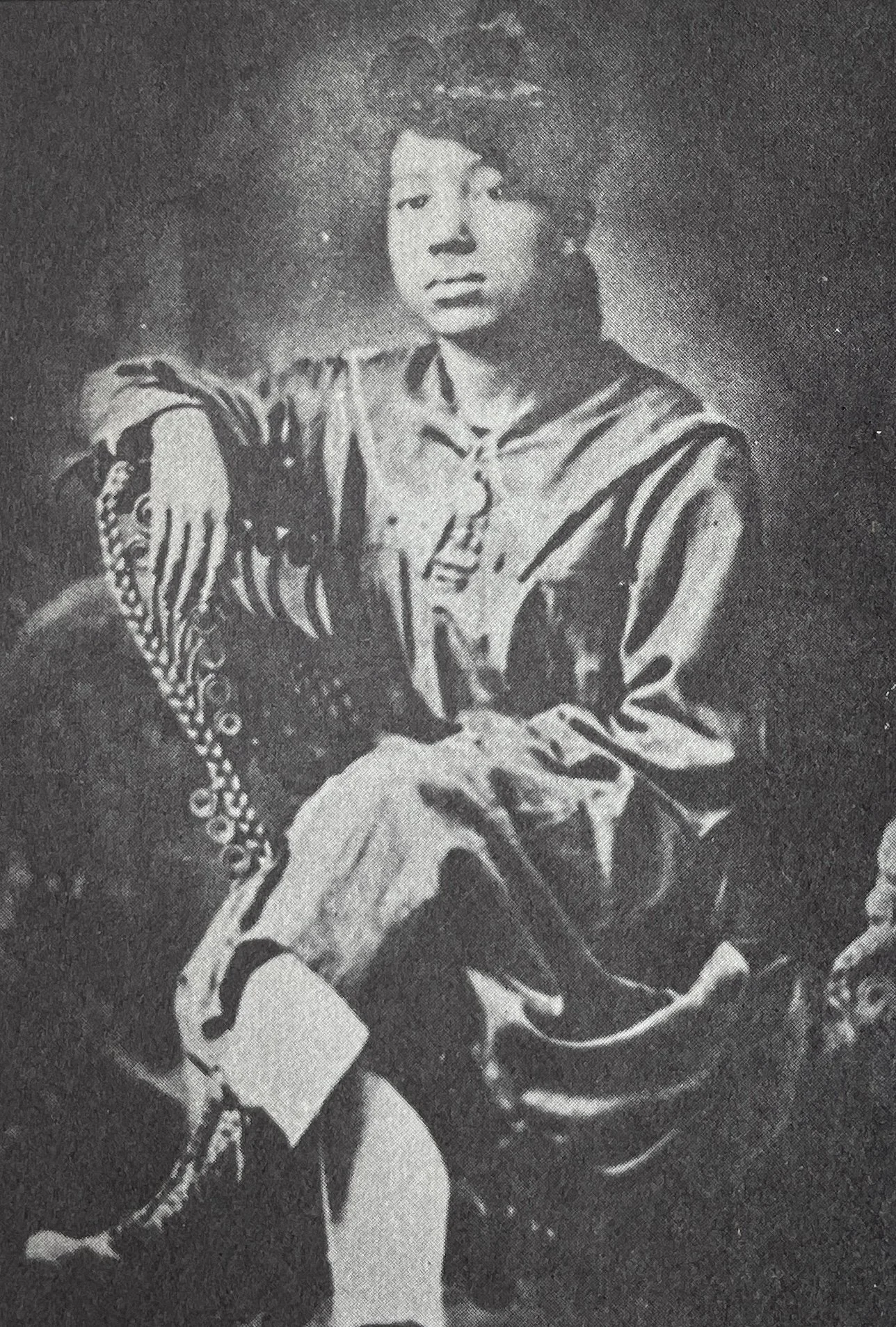girls just wanna report community news
“There will be a Star-Spangled Spectacular performance on Thursday, July 3, 2008,” I reported in the sole edition of the Walnut Ridge Neighborhood Newsletter.
A nine-year-old nerd with glasses because I kept reading in the dark after my parents told me to go to sleep, I was always doing things like this—writing plays and making my friends or family perform them, sitting at the adult table with a book, making a multipage newsletter to keep my neighborhood informed.
With the help and support of my mom, I wrote and designed the newsletter in my mom’s home office. Everything was big, and in retrospect feels very 2008: a hulking wooden desk, a PC desktop, a printer-scanner-copier all in one.
Alice Allison as a teenager.
“We interviewed” a teenager down the street “about his new business,” I wrote. “This is considered a good deal,” I added, throwing impartiality out the window. Nor did I avoid writing about the people closest to me when I reported, “Shane and Lisa Vandiver are celebrating their 15th Wedding Anniversary on June 26, 2008.”
I thought about the tidbits in my newsletter when I first read about the “one-sentence stories” that Alice Allison (later Dunnigan) wrote for the Owensboro Enterprise as a 13-year-old. Alice’s submissions included happenings around the town; the humorous examples she gives in her autobiography are, “Born to Mr. and Mrs. So-and-So, a baby girl” and “Rev. Holier Than Thou filled the pulpit at the First Baptist Church Sunday.”
Long before she became the first Black woman journalist to be credentialed to the White House press corps, Alice knew she had “printer’s ink in [her] veins.” Her interest in journalism began rather inexplicably and perhaps miraculously. There was no one to serve as an example for her—there was no Black newspaper anywhere near her hometown—yet she knew a presswoman is what she wanted to be.
A cousin in Owensboro connected her to the Enterprise editor, who gave her the “Home Town News” job. She spent two years writing more and more for the section, a mutually beneficial arrangement for her and the publisher. While Alice didn’t get paid, she did get a cut of every paper she sold, and she quickly realized that more names mentioned in the paper meant more paying customers.
“My name was becoming known around the state as a prospective newspaperwoman,” Alice said.
As my mom and I drove around the neighborhood, leaving a newsletter in each mailbox, I hoped that I, too, was starting a long and decorated career as a journalist. I imagined adults around the neighborhood thanking me for my valuable publication and, many years down the road, telling this story as I accepted international awards.
Instead, no one outside our family ever got the chance to read the Walnut Ridge Neighborhood Newsletter. The morning after my mom and I delivered the newsletters, she opened our mailbox to find every single copy inside, with a scrawled note from our mail carrier that said, “You can’t do this.”
I guess technically I did break 18 U.S.C. 1725, enacted by Congress in 1934: “Whoever knowingly and willfully deposits any mailable matter… on which no postage has been paid, in an letter box established, approved or accepted by the Postal Service… shall for each such offense be fined under this title.”
Embarrassed and devastated, I never made another neighborhood newsletter.
But at least I didn’t have to pay the $5,000 fine.
I wrote about my neighborhood newsletter in my letter from the editor at the end of my Kentucky Kernel tenure. I got a few details wrong because, as I say in the column, I hadn’t seen a copy of the newsletter in years. I’ve since found a copy, so I know the name and that the teenager down the street started an auto detailing, not a lawn care, business. You can read that column here.
If you’re looking for a welcoming, fun and productive writing class in Lexington this summer, please join me for Cruel Summer: Writing Inspired by Taylor Swift’s Songs at the Carnegie Center! More details, including dates and cost, here.


